World 1901-present
Some of the most profound and influential changes in world history take place from 1901 to today and covered here are many of the important and well known ones as well as some of the smaller stories. In terms of reach this section covers huge themes on diplomacy, post imperialism and economics. The articles cover the time period right up into recent events such as the State of the Union address by the US President Barrack Obama.
Sort by:
Date (Newest first) | Title A-Z
Show:
All |
Articles |
Podcasts |
Multipage Articles
-

Decolonise, don’t diversify: enabling a paradigm shift in the KS3 history curriculum
ArticleClick to view -

Film: China's Good War
ArticleClick to view -
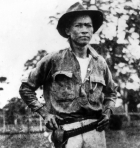
How introducing cultural and intellectual history improves critical analysis in the classroom
ArticleClick to view -
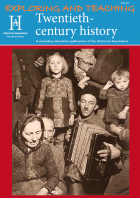
Exploring and Teaching Twentieth-Century History
ArticleClick to view -
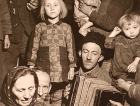
Teaching 20th-Century History Resources
ArticleClick to view -
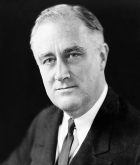
Polychronicon 177: The New Deal in American history
ArticleClick to view -

Film: The Kennedys and the Gores
ArticleClick to view -

Confronting conflicts: history teachers’ reactions to spontaneous controversial remarks
ArticleClick to view -

Absence and myopia in A-level coursework
ArticleClick to view -
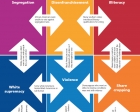
‘Its ultimate pattern was greater than its parts’
ArticleClick to view -

The History of Afro-Brazilian People
ArticleClick to view -

‘It’s More Complex Than I Assumed’
ArticleClick to view -
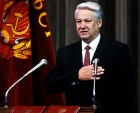
Polychronicon 164: The End of the Cold War
ArticleClick to view -

Using Google Docs to develop Year 9 pupils’ essay-writing skills
ArticleClick to view -
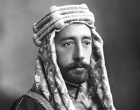
The Sykes-Picot agreement and lines in the sand
ArticleClick to view -

WWI and the flu pandemic
ArticleClick to view -

Using databases to explore the real depth in the data
ArticleClick to view -

The Harkness Method: achieving higher-order thinking with sixth-form
ArticleClick to view -
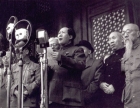
Transforming Year 11's conceptual understanding of change
ArticleClick to view -
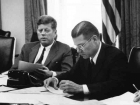
Finding the place of substantive knowledge in history
ArticleClick to view

